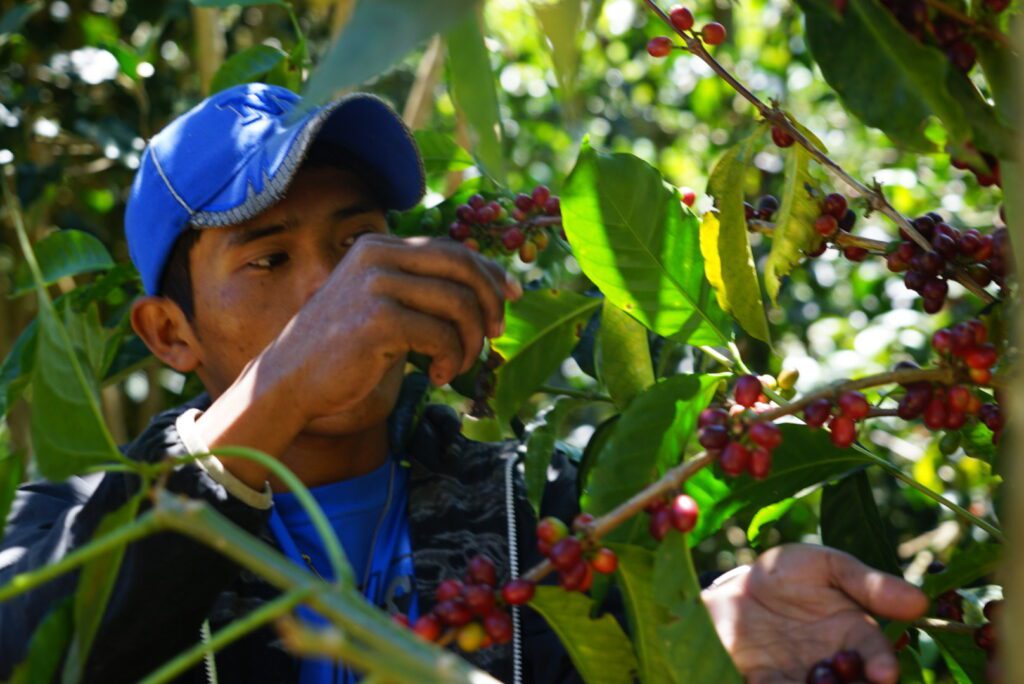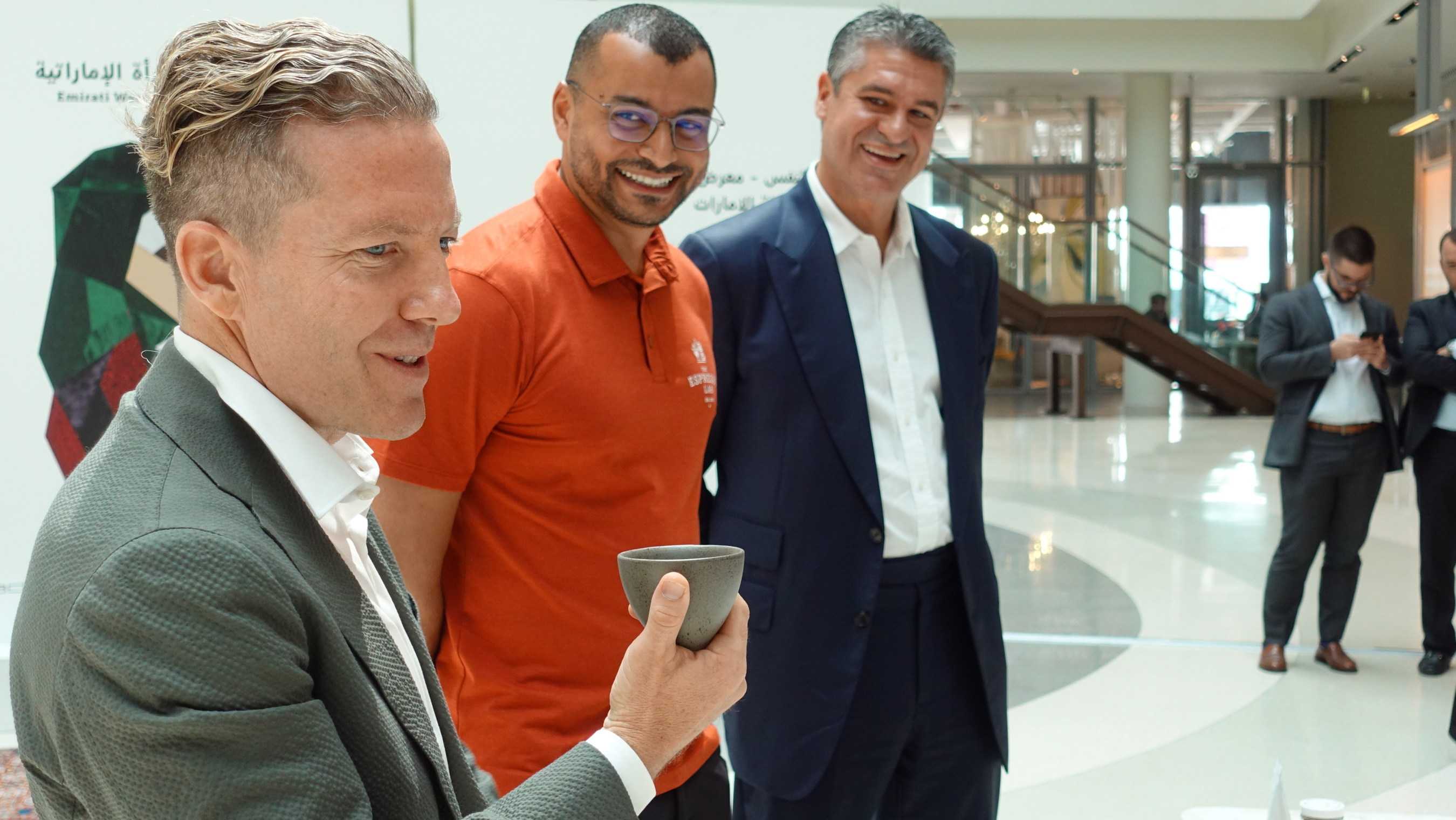PANAMA CITY, Panama — Panama’s coffee farm Ninety Plus sold a prototype of its Gesha (Geisha) coffee in Dubai, for a world record price of USD$10,000 per kilogram, breaking its own 2017 record set at auction of USD$5,001.50 per kilogram.
An experimental batch of Gesha (Geisha) coffee developed by Ninety Plus founder Joseph Brodsky overwhelmed Emirati entrepreneur Ibrahim Al Mallouhi, founder of The Espresso Lab, who then convinced Brodsky to sell him some of the coffee that will retail for a record price of USD$250 per cup. The prototype coffees involve highly controlled cultivation and use of local yeast strains during multi-stage fermentations.
Ninety Plus coffees have won 5 World Brewers Cup championships and have garnered more 97-point reviews than any other coffee farm in the world. These coffee prototypes “hold the key to real products of the future and represent an entirely new taste frontier” according to Al Mallouhi.
Joseph Brodsky founded Ninety Plus in 2006 and moved to Ethiopia where he created new forms of processing with local producers. These coffees quickly became the highest priced in the world. He then brought these methods to a more controlled environment in Volcan, Chiriqui, a province in Panama, site of the last eruptions of the Baru volcano and began to work with the heirloom Ethiopia Gesha variety.
Brodsky’s work has created a wave of change in Panama, already considered a globally leading coffee terroir, with nearby Boquete coffees selling in July for USD$2,263 per kilogram at auction. Along with Brodsky, Panama’s forward-thinking producers continue evolving their practices to reach new sensory levels.
One of those forward thinkers is Brodsky’s new partner, Panamanian Guillermo de Saint Malo Eleta, CEO of ELETA investment fund. ELETA, also a coffee producing company, saw an opportunity to further increase the sustainable development of Panama’s unique coffees: “Our partnership reflects a commitment to foster collaboration among all Panamanian coffee producers to create greater social justice and environmental sustainability in the value chain.”

Ninety Plus has also innovated with its reforestation model, producing coffee under full canopy, with native Ngäbes (indigenous people, who live in western Panama) earning top wages and also being part of the innovation cycle. “The farm feels like a wildlife park with coffee and people integrated into the ecosystem,” according to Brodsky.
As has happened with wine tourism around the world, growers in Panama have developed a Coffee Circuit with the help of Panama’s government and its Tourism Authority, with farms offering tours and cupping experiences. Guided visits to the Ninety Plus farm are available by reservation.
Ninety Plus® Coffee is a grower and producer of single-origin, single-variety coffee in both Panama and Ethiopia, dedicated to creating a remarkable taste experience through process innovation, with guiding principles of taste, humanity and ecology. For more information visit: https://www.ninetypluscoffee.com


















